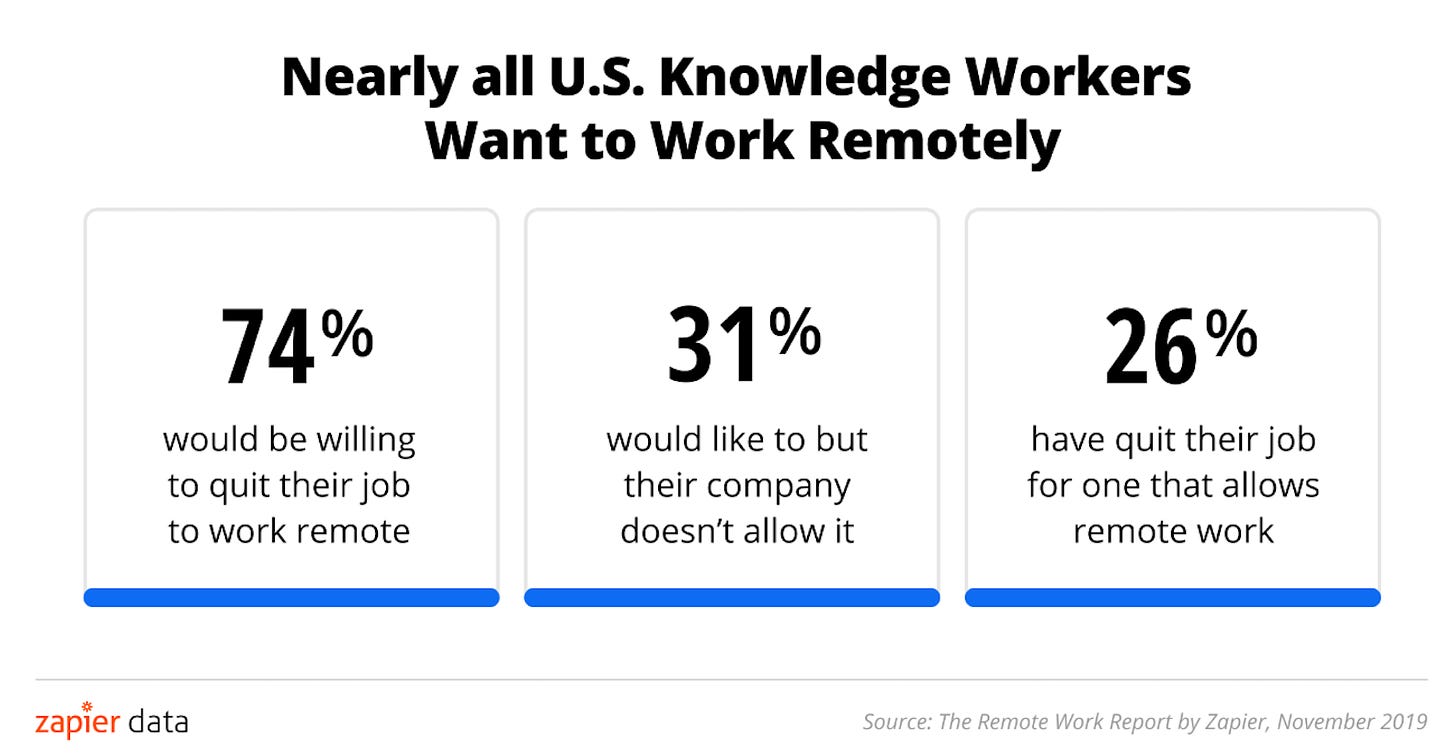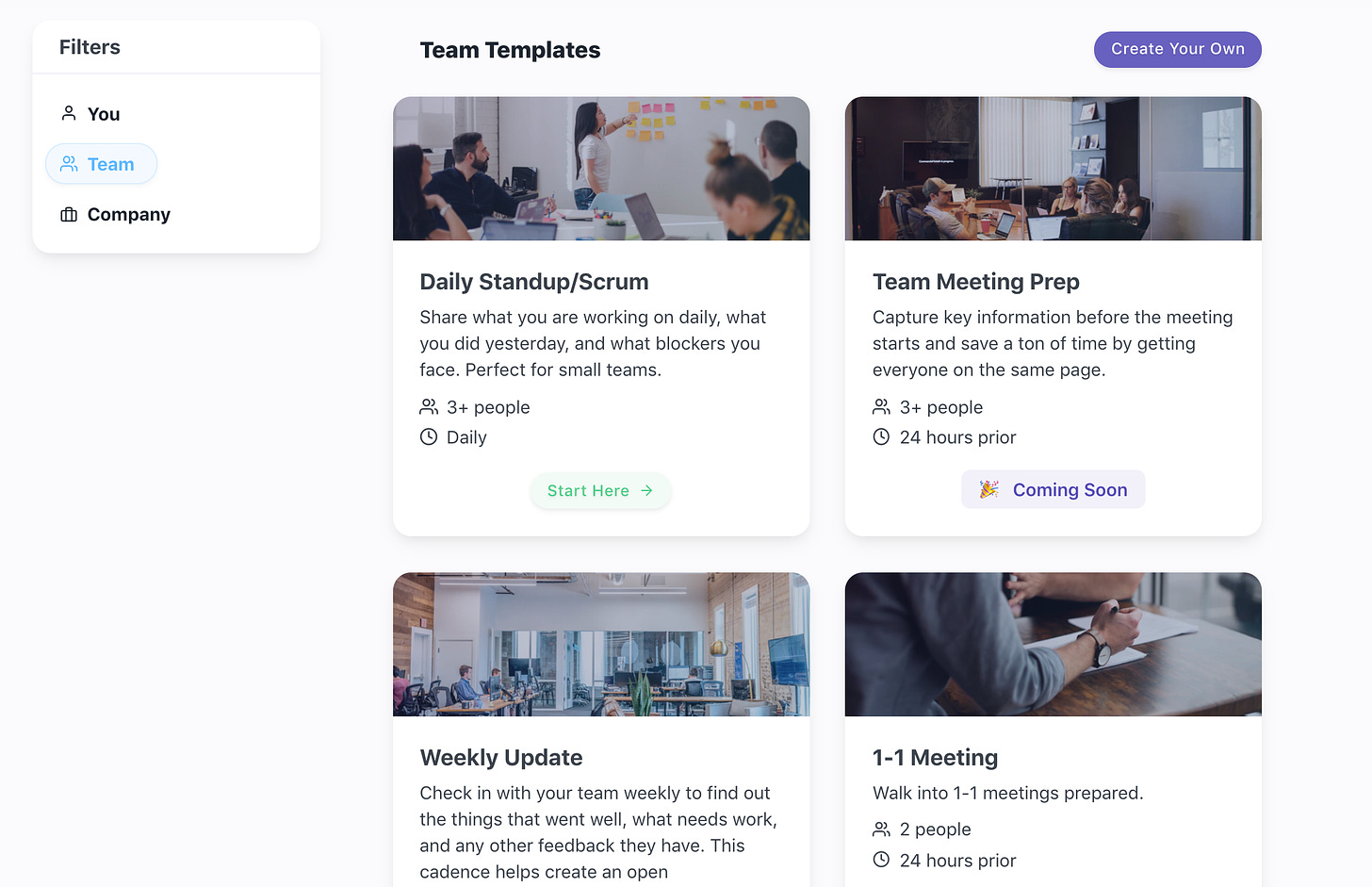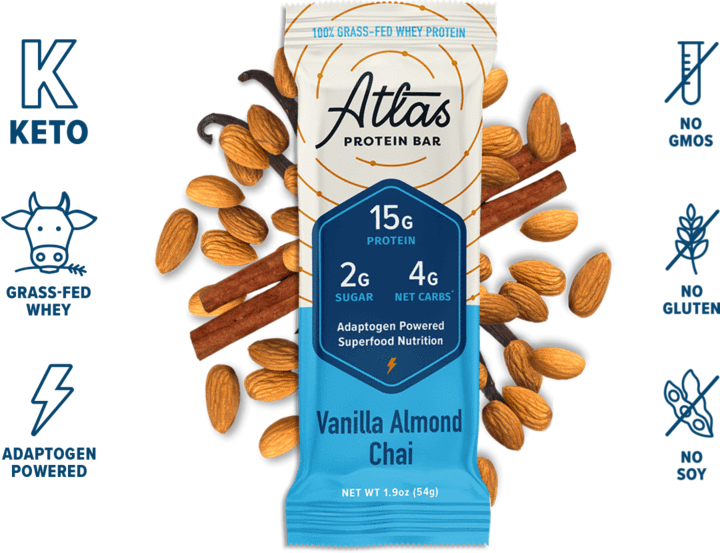Welcome Back!
As promised, I’m branching out and highlighting some New England deals that I think you might enjoy. Aside from that, last week’s venture activity was much slower than the previous week’s $800M+ in investment but nonetheless impressive!
Last week, fifteen companies raised over $116M in venture funding.
What I’m Reading:
If you’re new to my emails and posts, welcome! My name is Nick Stuart and I write a weekly newsletter on tech VC financing trends in the Boston area. You can learn more about me on my website here and about the micro-VC I help run here.
Future of Work Spotlight: Friday 🚀
Friday, a Portland, Maine-based workplace productivity company for distributed teams, just raised a $450K pre-seed round led by Boston’s Underscore VC with participation from several angels. I spent the last few days testing the product and chatting with founder Luke Thomas about why he’s excited to bring clarity to communications on distributed teams.
Thomas bootstrapped the company to six figures in revenue on nights and weekends before jumping in full-time in October of last year. Friday is a SaaS tool that allows users to create workflows for updating their teams using an asynchronous “digital stand up”—style tool. It enables managers to reduce their time spent on meetings and allocate their time to more productive activities. It can be integrated with current tools like Slack, Microsoft Teams, and email. Underscore’s investment in Friday comes as remote working trends are steadily reaching the mainstream. The modern workforce needs flexibility, and remote work tech startups are helping companies meet that demand. However, the problem is bigger than what many remote work solutions are able to offer.

The benefits of remote work are sometimes obvious, but other times a bit more obscure until you experience them for yourself. You can eat leftovers in your fridge, not wear pants all day, skip traffic, or even avoid the coronavirus. Not to mention the cost savings on office space and furniture.
However, we can’t expect proven communication tactics to magically work when transferred to distributed teams. A common downside of remote work is what Cognizant CEO Francisco D’Souza coined as the “Charlie’s Angels Dilemma.” When the geographic spread of a distributed team is high, resolving issues between managers and employees becomes a game of phone tag. “It was a little bit like Charlie’s Angels. [When] you wake up in the morning, a voice on the phone tells you what to do.” The tools being created by startups can easily solve the communication gap, but the problem is more nuanced than that.
Friday focuses on making communication more powerful by providing important context about the way your team works. Remote workers need to understand who their coworkers are and what they’re working on in a way that’s scalable and repeatable. Friday does this by introducing a variety of templates as well as the opportunity to make your own team update system.
Every big company has different teams that use different tools. Friday is “gluing” this work together regardless of where it exists. Check-ins and updates can be mixed together with Trello cards, Jira tickets, and other integrations so users can update managers with work from where it exists.
Improving the context of remote communications between employees and managers is a necessity to make the future of work a reality.
The only thing people hate more than meetings is information-sharing meetings. Have you ever walked out of a 45-minute meeting and wondered why you took time out of your day to talk about things that everyone already knew? Not only does it suck, but it feels irresponsible. Meetings should be about collaboration and helpful commentary to existing information rather than regurgitation. Everything else could probably just be an email — or a Friday workflow template.

If done right, remote stand-up communications could pack more valuable information into succinct bites that can be regularly consumed by managers and coworkers. Current in-person or otherwise synchronous stand-ups can feel like putting your mouth to the “update firehouse.” Teams should instead be internally publishing their priorities throughout the week and getting feedback on them during actual stand-ups.
Since I didn’t have a team to try it out with, I mostly used Friday as a personal productivity journal, and I was impressed. It allowed me to create a workflow that summarized how productive I felt each day. The personal check-ins from the app email me every evening and prompt questions like, “How productive were you today?" and “What do you want to do better tomorrow?” On your team, these are hopefully familiar questions. However, they might be talked about, yet poorly written down, leading to commitments being forgotten and progress being lost. Communication tools like Slack can relay this sort of information, but they don’t provide a digestible format to understand what your team is doing. It can’t be quantified, it’s quickly lost, and it lacks context. This problem is compounded when a company’s entire team is remote.
Another great feature of Friday is kudos. It’s a quick and effective way for team members to publicly describe how another team member is succeeding. Recognition isn’t always part of a workflow on teams, but Friday tries to make it so. It promotes a sort of “contagious” productivity. In the real world, it’s easy for a manager to walk over to you and give you advice on how to complete a task better or thank you for your hard work. Not only is it impossible to walk over to someone on a distributed team, but feedback could be misinterpreted or not get to the root of the problem — and no one else hears it. Kudos is a way of actively thanking someone while passively letting other teammates see. Chances are, it may encourage others to mirror their performance.
The investment comes just a week after Cambridge-based General Catalyst backed Range, another startup focused on augmenting the traditional stand-up style meeting with digital workflows. Hundreds of business productivity startups have sprouted up recently, looking to integrate their services into every company’s remote work tech stack. Friday isn’t trying to displace Slack, but rather bring what’s missing into Slack. It integrates with the tools that distributed teams already thrive with and works on adding clarity and context to communications.
The Future of Work Tech Stack:

Image: Here’s an attempt to highlight some of the most popular productivity tools being utilized by businesses today. It’s taken from Lightspeed’s Merci Grace, with a few of my own added.
The company is currently composed of five employees, and they will use this funding to double their team in the coming months. If you would like to learn more about Friday, check out www.friday.app, or you can reach out to its co-founder at luke@friday.app
IntelyCare 👨⚕️👩⚕️
Four-year-old healthcare workforce management company IntelyCare just raised a $45M Series B led by Endeavor Vision, with participation from Kaiser Permanente Ventures and Generator Ventures. They have developed an on-demand nurse staffing software to help understaffed hospitals find nurses, and nurses find more competitive-paying shifts at hospitals. Their total raised is now $59M.
Modo Labs 📥
Modo Labs, an app development company founded in 2010, just raised $5M from undisclosed investors. They help institutions like schools and corporations quickly build custom mobile apps. Previous investors include Storm Ventures and NMV International. The company has now raised $23M.
Teikametrics 📦
Teikametrics, an AdTech firm helping retailers become more profitable, has raised $15M led by Jump Capital, with participation from Ed Baker, Jerry Husman, and Granite Point Capital. They have developed an AI-driven SaaS tool to help retailers find optimization strategies for advertising their products in online marketplaces like Amazon and Walmart. Their total funding is now $25M.
Keeeb 🧠
Keeeb, a startup building an online community for knowledge workers to connect over its intelligence platform, just raised $7M from so far undisclosed investors. Founded in 2011, it helps enterprises improve their ability to discover and collect intelligence.
Schiper Medicine 💊
Scipher Medicine just raised a $25M Series B led by Northpond Ventures with participation from Granpool, AVG, and Optum Ventures. The company approaches medicine by individually prescribing drugs to patients based on a blood test that determines the potential efficacy of a treatment. They use data from their individual diagnostic method to research new potential therapies for diseases.
enClear Therapies 💉
enClear Therapies just raised a $10M Series A led by 20/20 HealthCare Partners, with participation from several other investors including Peter Thiel. The company is developing a medical device meant to slow the progression of three neurodegenerative diseases: ALS, Frontal Temporal Dementia, and Progressive Supranuclear Palsy. The device will clear toxic proteins that supposedly cause these diseases to progress by cycling cerebrospinal fluids through patients’ bodies.
Metalmark Innovations 💨
In December I wrote about Metalmark Innovations raising $150K from Urban-X. Last week, they raised an additional $150K in Angel Funding from undisclosed investors. The company, founded in 2017, “turns toxic fumes into human air” using 3D nano-structured purification materials that can be integrated into existing industrial purifiers. It’s being run by CEO and Co-Founder Sissi Liu, who was previously Director of the Board for Cerahelix.
Atlas Protein Bar 🍫
Duxbury-based Atlas Protein Bars just raised a $500K Angel Round from undisclosed investors. The DTC food company makes 100% grass-fed, non-GMO protein bars with low sugar and “superfood” infusions.

Dynocardia 💓
Lowell-based Dynocardia just raised $690K in Angel Funding to develop a wearable blood pressure monitoring device called the ViTrack. It uses a novel camera-based sensor to continuously measure blood pressure on a patient’s wrist. The company is founded by Tufts Professor and cardiovascular surgeon Dr. Mohan Thanikachalam.
Jetcool Technologies ❄️
Littleton-based Jetcool Technologies raised $1.16M in Angel Funding from undisclosed investors. They use a novel method of cooling power-dense electronic devices like GPUs, CPUs, and ASICs by spraying high-velocity cooling fluid directly onto them to save space and increase efficiency. Traditional methods spray cooling fluids over electronic components.

OneVision Resources 🏠
OneVision Resources, a 12-year-old company building technology solutions for connected homes, just raised $5M from Bradford Brown Capital Partners.
Visionary Health 📷
Computer-vision company Visionary Health has raised $550K to use AI to screen chest x-rays for abnormalities. Previous investors include accelerators Harvard’s i-Lab, Plug and Play Tech Center, and Yale’s Tsai CITY.
Upshot Technologies 💻
Per a Form D filed last week, Upshot Technologies has raised $1M out of a $1.26M round of funding. The Bengaluru and Revere-based company develops IT-related training courses for people looking to pivot their careers into tech.
Signal 🏦
Signal Financial Technologies, a one-year-old software company helping small businesses gain financial intelligence about their cashflows, has raised $50K in Angel Funding. It helps banks sell mobile banking apps to their SMB customers to manage their financials, pulling data from Quickbooks.
Thanks for reading!
That’s all from me until next week — If you’d like to connect with me, you can find me on Linkedin and Twitter or check out my website at nickstu.art.
Missing something? Spot an inaccuracy?
Email me and tell me about it! I’ll be sure to share it in my next update.




very nice
https://nearlearn.com/courses/business-intelligence-visualization/power-business-intelligence-training-and-certification
Good information and nice article https://fullstackdevelopercampus.in/mern-stack-course-in-hyderabad/